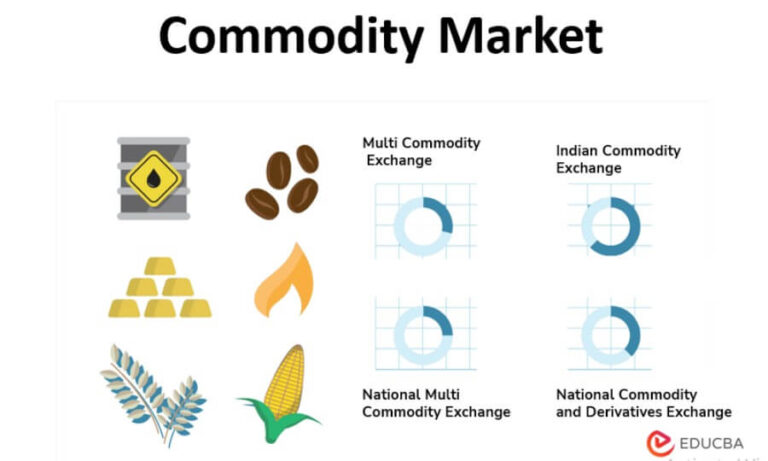Advantages and Disadvantages of Intraday Trading

Buying and selling shares is an exciting way to make money. However, it also carries risks. Intraday trading is one form of trading stocks that have become popular in recent years. It involves purchasing and selling financial instruments in a single trading day. This method tries to take advantage of short-term price movements so as to generate profits quickly. But before you start, it is important for you to know the pros as well as the cons of intraday trading. This article will explore the main benefits and limitations of this type of trading, giving you an understanding of whether it matches what you want to achieve with your investments and how much risk you are willing to take.
Contents [show]
What is Intraday Trading?
Intraday trading, known as ‘day trading’ too, stands for the act of buying and selling financial instruments like stocks, currencies or commodities within the same day. The purpose is to gain from short-term price movements by opening and closing positions before the market closes. Traders involved in intraday trading usually depend on technical analysis and real-time market information to identify opportunities for trade and take instant actions.
Advantages of Intraday Trading
crySince you get a clear idea about “what is intraday trading”, let’s move forward and understand several advantages of intraday trading:
- Potential for quick profits: Among the key benefits associated with intraday trading is its capacity to deliver fast returns. Traders can strive to realise gains within a short period by leveraging even the smallest price changes during a single trading session. This aspect of intraday trading has attracted individuals who seek immediate results in their investments.
- Reduced overnight risk: One of the most important benefits of day trading. Intraday trading signifies that all positions must be closed before the end of the trading day, as opposed to traditional buy-and-hold strategies that keep trades open overnight. This prevents any geopolitical events from occurring.
- Convenience: Online trading platforms have made it easier for people to participate in intraday trading. With these platforms, traders can now buy or sell financial instruments from anywhere. In addition, the introduction of mobile applications has further increased the convenience of this activity since an individual are no longer restricted to only trading when they are near their laptop or computer.
- Lower margin requirements: The margin requirements for intraday trading are usually lower than those of overnight trades or other investment strategies. For someone with not much capital at their disposal, it can be quite difficult getting into different markets due to the large amounts involved. As such, having reduced margin requirements means that such persons will find getting started much easier and quicker.
- Possibility of compounding: Due to the fact that intraday trades take only one single trading day, traders can quickly reinvest their profits from the previous successful trade. This method of compounding gains may result in greater returns over time.
- Regular trading opportunities: Intraday markets always change at all times so people have chances of buying and selling within the day. More trade leads to more profit if only one is keen on discipline while doing this type of trading.
- Quick learning: Intraday trading gives instant results about what happened on a trading day; therefore, decisions made during that time are trading. This makes it possible for traders to know where traders went wrong immediately. This is how intraday training helps to improve on these mistakes with more working strategies within the shortest period possible.
Also Read: Is Commodity Trading Profitable If Compared to Equity?
Disadvantages of Intraday Trading
With advantages, intraday trading also consists of several risks and limitations. This includes:
- High risk and stress: One can experience stress in intraday trading because it carries high risks. The demand for very quick decision-making could drive one into making impulsive decisions based on emotions, thereby increasing the chances of incurring huge losses.
- Transaction costs: To have multiple trades executed throughout a trading day may require frequent purchases of financial instruments, which consequently leads to higher transaction costs, i.e. brokerage charges as well as taxes, among others. Therefore, the potential earnings could be greatly reduced by these expenses.
- Market volatility: Even though intraday trading benefits from volatile markets, it can also suffer greatly from sudden price changes. If not properly controlled, such irregular movements may result in unanticipated losses, thus restricting the possibility of earning profits.
- Limited time for analysis: The requirement to move quickly in intraday trading often leaves little time for detailed study. Traders may be persuaded to rely entirely on technical indications or ignore important information, thus leading to poor trading decisions.
- Tendency to overtrade: The high-speed approach followed in day trading may prompt traders to engage in too many transactions so as to stay active around the clock. At times, trading may make trading strategies less effective since transaction costs are raised while potential profits are watered down.
- Timing dependency: Intraday trading relies heavily on being able to time the market well. This is because any slight delay when executing a trade can lead to missed opportunities or entering/exiting at unfavourable points, thus lowering returns.
- Technical difficulties: Intraday trading is entirely done through internet-based platforms, which means that any technical problems or loss of connection may impede someone from carrying out transactions in good time.
Conclusion
Intraday trading provides both advantages and disadvantages that traders should carefully consider. While the potential for quick profits, reduced overnight risk, and accessibility are advantages, the high levels of stress involved in this type of trading cannot be overlooked as well as transaction costs being too much. In order to succeed at intraday trading one needs to have knowledge about the market, skills in risk management and be able to control their emotions during trading hours.
Therefore, it would be wise for beginner traders to learn different strategies used in trading and how risks can be managed, plus gain more insight into various markets available worldwide before they start with real money accounts maybe use some simulation account first. You could also try out intraday trading. Kotak Securities Neo app which is easy to use and comes with many features for your financial portfolio building.





